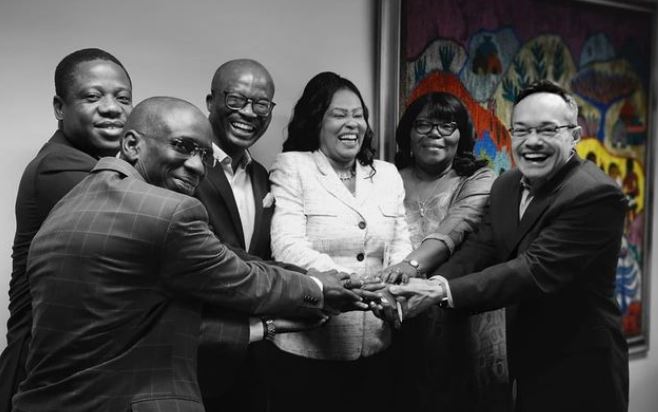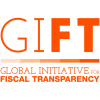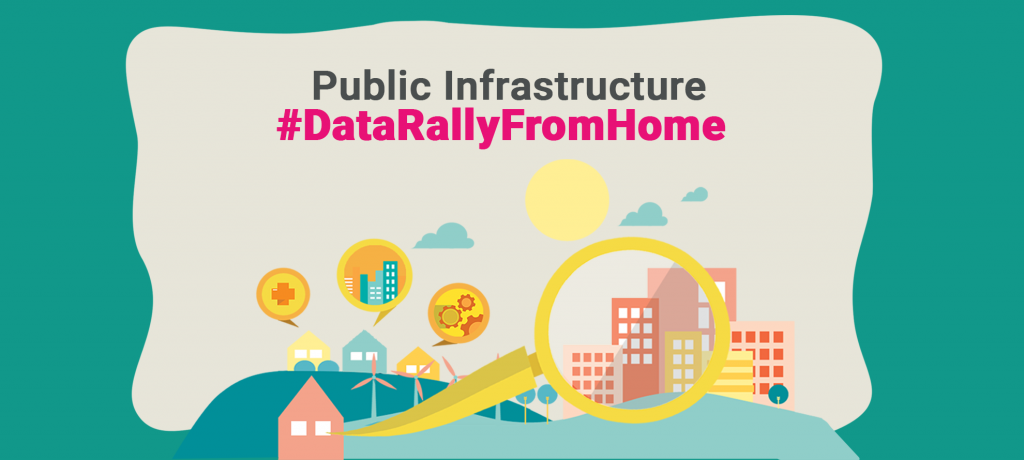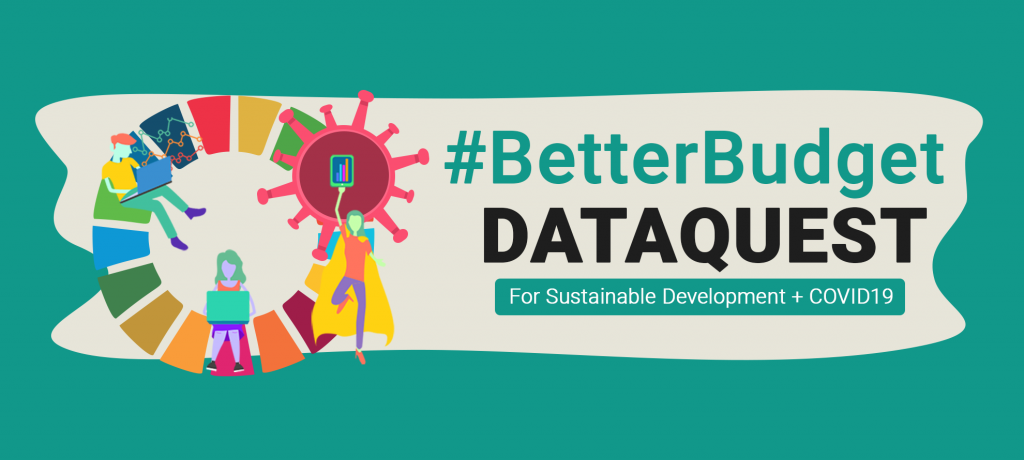IMPACT WORKSTREAMS
Why join the
GIFT Network?
GIFT brings together a core network of key actors from around the world that are willing to open budgets, champion the agenda and pilot innovative practices through the use and promotion of user-centered digital tools and dialogue
The GIFT Network offers a system of exchange, collaboration, communication and support, not available to government representatives elsewhere. The fraternal atmosphere reflects the voluntary nature of participation in GIFT activities and the lack of contractual frictions that usually permeate the relationship between finance ministries and international financial organizations. Furthermore, the finance representatives within the Network are generally experts in the areas of budget, technical and specialized areas, different to the institutional areas of representation that typically work with international organizations.
On many occasions, governments themselves, in dialogue with civil society representatives, bring innovative proposals to the GIFT agenda spontaneously. Network members define the course of reform iteratively, through trial and error. They have taken ownership of the path of change, and they experiment and learn from each other through activities such as coalitions for public investment verification, dataquests for sustainable development goals, cross-cutting objectives for development and well-being budgets, etc.
These Ministry of Finance representatives, in alliance with civil society organizations (CSOs), have formed a coalition of the willing, and are true champions of change. The GIFT framework enables this coalition, by providing a network of peers and a discussion forum that provides them with constant support and backing for their innovative efforts.
Impact
Initiatives
GIFT as a Strong Network of Champions
As COVID-19 is likely to put fiscal transparency back on the list of priorities for development institutions going forward, the pertinence of the GIFT network as a space for champions in the field, remains in force. As such, the GIFT network remains on a path of sustained growth, with strengthened technical collaboration among stewards and the support of new funding for innovative projects in areas such as public participation and tax transparency where the network has been showing results and consolidating a growing comparative advantage.
GIFT continues to hold the following annual and regular meetings with its Members:
GIFT Lead Stewards Meetings
GIFT General Stewards Meetings
Global and regional workshops in partnership with other international organizations (e.g. OGP)
Regular peer-exchange opportunities on specific areas of interest

Government + CSO coalitions
GIFT developed partnership activities involving ministries of finance and CSOs to monitor public infrastructure projects (2018 and 2019 editions of the rally “Data on the Streets”) as well as to analyze the use of public resources through the lenses of sustainable development (2018 and 2019 international editions of “Better Budget Dataquest”). The 2020 editions of these activities were significantly disrupted due to the social confinement imposed as a result of COVID-19, with the #DataOnTheStreets Rally only taking place in Mexico, and the #BetterBudget Dataquest for Sustainable Development, in Mexico and Costa Rica.
In 2021, considering health protocols and safety, the Public Infrastructure #DataRallyFromHome and #BetterBudget Dataquest for Sustainable Development + COVID19 were launched and implemented in fully virtual mode.
The Fiscal Transparency Portals Network
With the aim of sharing practical knowledge and building actionable solutions that allow governments to publish useful and quality information to facilitate a better informed and equipped public to participate and monitor public policies, and thus strengthen relationships of trust, ten Latin American governments form the Budgetary Transparency Portals Network within the GIFT Network. The participating countries, through the government agencies in charge of publishing information on national spending, are: Argentina, Brazil, Chile, Colombia, Costa Rica, El Salvador, Guatemala, Mexico, the Dominican Republic and Uruguay. The network is being led by the Office of Planning and Budget of the Presidency of the Republic of Uruguay.





